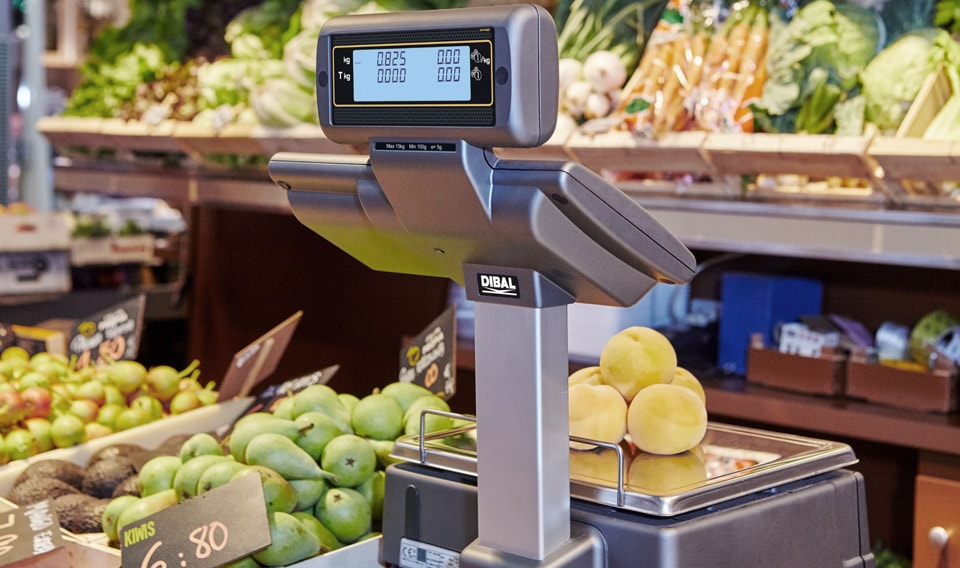
Scales are indispensable tools for accurately weighing and pricing products in a retail store. When choosing and purchasing a scale for your Israel store, there are several factors to consider to ensure accuracy, regulatory compliance, and smooth operation. Here is a step by step guide to help you make an informed decision:
1. Define your needs:
Determine your store's specific scale requirements:
What kinds of goods will you weigh? (e.g. groceries, bulk goods, packaged goods)
How often will you use the scale? (regular or occasional use)
Do you need a price calculation scale?
2. Consider the types of weights:
There are different types of scales to choose from, each suitable for a specific purpose:
Price Calculation Scale: This scale calculates price based on weight and unit price, making it suitable for bulk goods.
Counting Scale: This scale accurately counts large quantities of identical items by weighing a small sample.
Platform scales: Ideal for weighing larger items, a platform scale has a flat platform on which to place items to be weighed.
3. Accuracy and rules:
Make sure the scale you choose complies with legal regulations and accuracy standards set by the relevant Israeli authorities. Validated scales (printed and calibrated) are required for weight based pricing.
4. Load capacity:
Choose a scale with a suitable weight capacity for the goods you will be weighing. Also consider potential future needs.
5. Display and user interface:
Look for a scale with a clear and easy-to-read display that shows weight, unit price, and total cost. Touch screen interfaces can improve user experience.
6. Power supply:
Choose between battery powered and plug-in scales. Battery-powered scales provide placement flexibility.
7. Connection and integration:
If you use point-of-sale (POS) systems, consider a scale that can integrate with your POS software for accurate pricing and inventory management.
8. Quality and durability:
Invest in high quality scales that are durable and built to meet the demands of the retailer.
9. Brand reputation:
Research reputable brands known for producing accurate and reliable scales. Customer reviews can provide insight into the performance and durability of various models.
10. Warranty & Support:
Choose scales that come with a warranty and reliable customer support for troubleshooting and maintenance.
11. Compliance:
Make sure the balance is legal for commercial use and conforms to the relevant Israeli metrology standards.
12. Calibration and maintenance:
Regularly calibrate and maintain your balance to ensure continued accuracy and compliance.
13. Budget allocation:
Determine your budget for the balance, taking into account not only the initial cost, but also the ongoing costs of calibration and maintenance.
14. Testing and demo:
Request a demo or trial of the balance you are interested in to evaluate its accuracy and ease of use.
15. Local suppliers:
Identify local scale suppliers in Israel who can provide sales, installation, calibration and support services.
By following these steps and considerations, you will be well prepared to select and purchase a scale that accurately weighs and grades goods, ensuring regulatory compliance and a seamless shopping experience in your Israel store.






